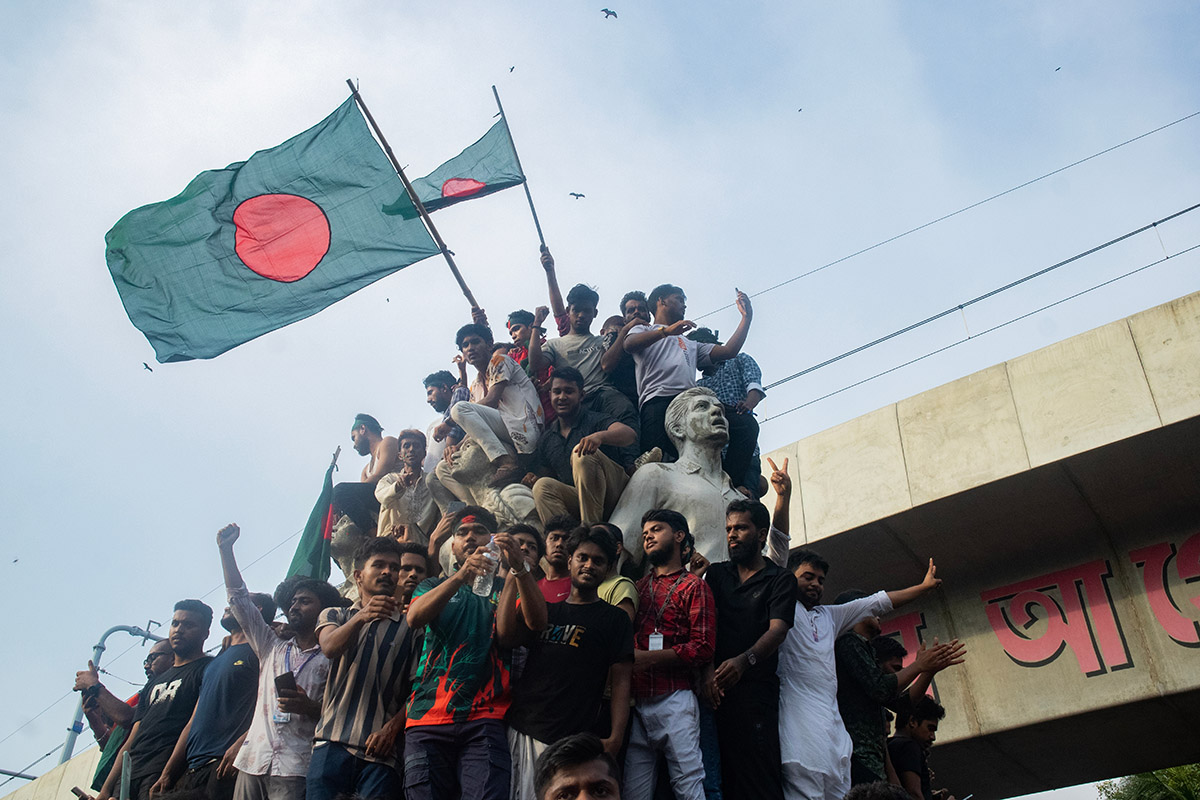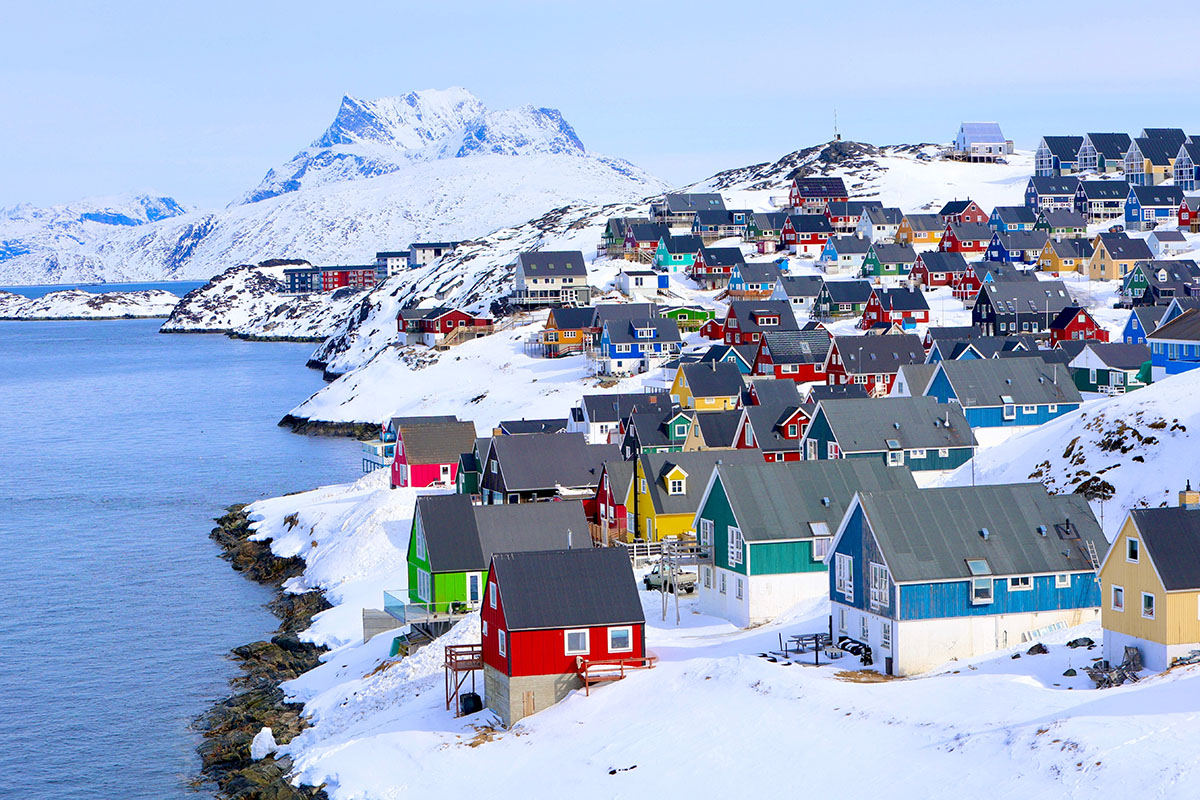36th July – A Nation is Born
September 16by Monica Islam
2nd August, 2024 morning:
I fondly recall the day when my concerned editor Ms. Clare asked about my welfare and that of Bangladesh. I replied that we were returning to normalcy, that we could use the Internet and go out of our homes, that we were “fine”. But that was an understatement.
Truth was that we were living in fear and uncertainty. The curfew was relaxed but not totally lifted. The Internet was functional but not at a reliable speed. Worse still, there were reports via word-of-mouth and alternative and international media sources that violent clashes between the protesting students and the police forces were continuing.
4th August, 2024 night:
A stricter curfew was declared and the Internet was cut off again. We were back to the dungeons. Moreover, the High Court repealed a writ seeking an end to firing at protesters. This meant that the police could shoot at the students “if necessary”! We were disheartened, defeated to say the least. We braced ourselves for more bloodshed and violence on the streets.
5th August, 2024 morning:
The atmosphere was tense. The army chief was scheduled to address the nation and he repeatedly called for restraint from all sides. We waited with bated breath as the “address” got postponed over and over again.
As we were waiting, the Internet was restored again! We knew that something was about to happen but could not predict what. We were apprehensive of a possible army takeover as the curfew was still in place. We were dismayed as this was unacceptable to us ordinary citizens.
All of a sudden, we witnessed jubilant hordes of people trickling onto the streets from all directions, defying the curfew and hoping for a positive outcome. We could not believe what we were witnessing.
And then finally, the surreal happened. The government premier resigned and fled the country! (On a side note, we had nowhere to flee when the government physically and psychologically tortured us!) The country eventually tasted the ever-elusive freedom on this day. Students marked this day as 36th July to signify the number of days since the protest began.
The nation burst into an uproar. As congratulatory messages began pouring in to me from far and wide, even from my Indian friends, I could not help but realize that this is just Independence Day and the succulent Victory Day is still left for us to enjoy and rejoice at.
This is because deplorable acts of lawlessness, such as looting, robbery, mob violence (which is never productive, as I have written earlier), absence of police in duty stations, vandalism, arson, shooting, fear-mongering, propaganda and attacks on religious minorities and ex-ruling party workers, are still occurring. Any attempts at destabilizing the nation must be thwarted with iron fists! According to information doing the rounds on social media, about US$90 billion has been laundered out of Bangladesh in the past 15 years! If what we are hearing is true, this wealth needs to be rightfully returned to the country’s economy.
Some are saying that Bangladesh will now become the next Pakistan, a country mired by entrenched religious and ethnic tensions. But I refuse to believe that. This politics, which divides people on the basis of man-made constructs such as religion and nationality, is not appealing to the youths of today, the Millennials and the Gen Z who are mostly global citizens. Moreover, contemporary Pakistani youths do not support religious extremism and the 1971 genocide in Bangladesh. In fact, they say, for example, that the war was a result of discrimination as few to no Bengalis were selected in the then Pakistani army and so, the Bangladesh liberation war was bound to happen. I know that geopolitics is affected but neither India nor Pakistan should appropriate this student-led revolution of Bangladesh and take credit for it.
There is an eerie calm just as there is after a tumultuous storm has passed. As you can see, we still have a long way to go, but we are optimistic.






